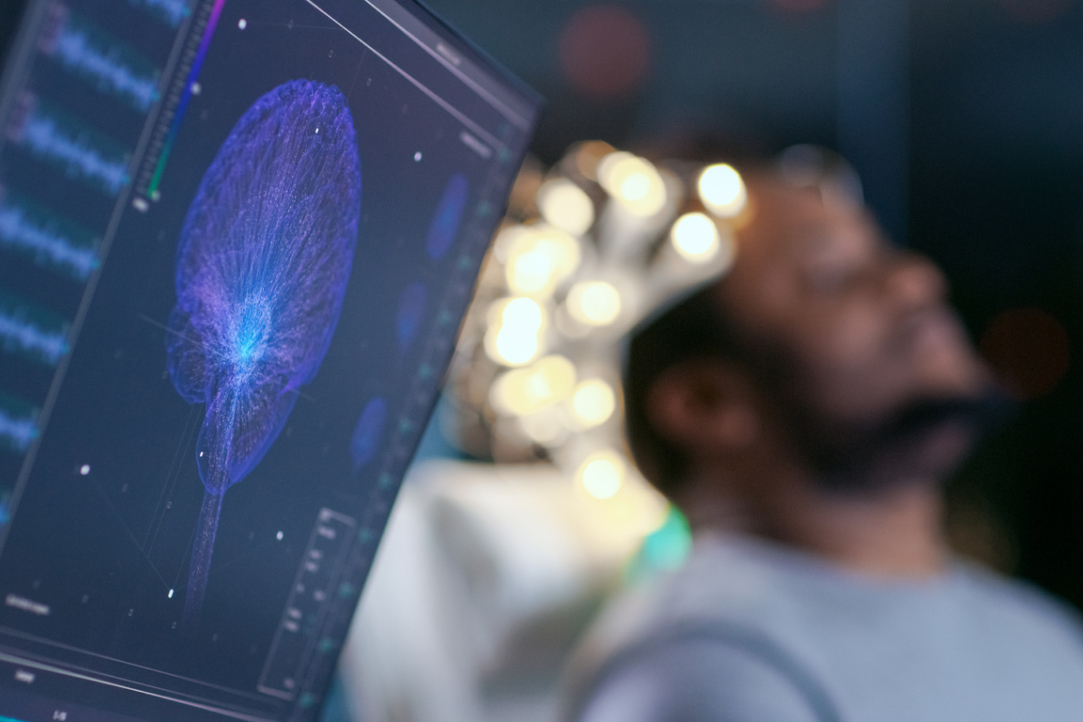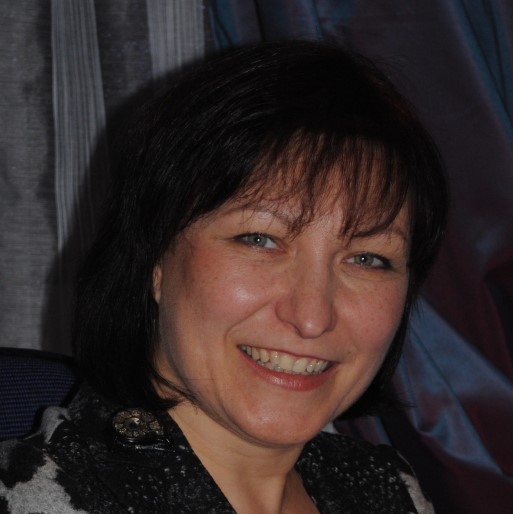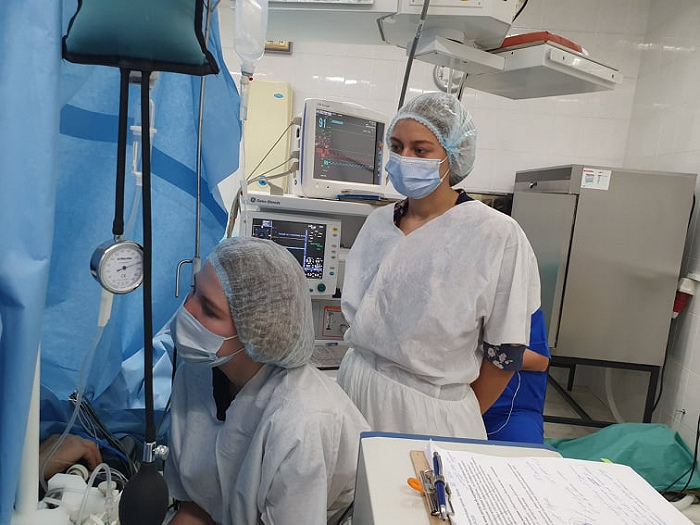Towards Finding Practical Solutions to Socially Significant Healthcare Problems

The Centre for Language and Brain in Nizhny Novgorod started operations in September 2020. Today, it is comprised of a team of linguists - teachers and students - who are researching the relations between speech and parts of the brain. The Director of the Centre, Natalya E. Gronskaya, spoke to the HSE Look about how the neuro-linguistic laboratory appeared in Nizhny Novgorod, as well as current tasks and prospects the Centre can offer the students and the region.

Natalya E. Gronskaya, Director of the Centre for Language and Brain Studies
The opening of the Centre at the Faculty of Humanities in HSE Nizhny Novgorod was possible thanks to the support of Olga Dragoy, the Director of the HSE Centre for Language and Brain in Moscow, who received a research grant from the Russian Science Foundation in 2020.
The staff in Nizhny Novgorod has been closely cooperating with the Moscow Centre for Language and Brain for several years. Empirical and scientific research between the Centre for Language and Brain in Moscow and linguists at HSE Nizhny Novgorod, as well as neurosurgeons from the Privolzhsky Research Medical University (PRMU), began, in the fall of 2017, to perform language testing during awake brain surgeries (for the removal of brain tumors). The new laboratory institutionalizes a research group that already was working out of Nizhny Novgorod, while also setting the foundation for the future formation of a distributed inter-campus Centre for Language and Brain.
Today, the Centre serves as a unique scientific structure in the region that carries out fundamental and applied tasks related to the cerebral basis of language. In addition to research activities, the Centre has an educational function and can serve as a base for programmes in neurolinguistics that are unique in Russia regions.
We have a combination of the resources and competencies of three major institutions (HSE Nizhny Novgorod, the Centre for Language and Brain in Moscow, and PRMU) with plans for further collaboration with other universities and clinical organizations in the region. The opening of the Centre at the Faculty of Humanities allows us to combine theoretical linguistics and applied context (awake surgeries, patients with speech impairments).

The Centre’s regional research agenda is oriented towards finding practical solutions to socially significant healthcare problems in the Nizhny Novgorod Region and the Volga Federal District - rehabilitation of patients with speech impairment - a study of speech disorders in the elderly and correction of speech disorders in children (including those with autistic spectrum disorders).
Our theoretical research will address what happens to the ‘tongue-brain’ connection after surgeries and injuries, cases of language delay and speech impairment in children, and whether it is possible to influence these processes.
This empirical research will include experimental activities (e.g., development and validation of various types of tests both for adults and children, mapping different parts of the brain during surgeries, collecting and processing Big Data, etc.), development of new methods for testing and the rehabilitation of patients with speech impairments, creation of alternative communication devices for adults and children with speech disorders.
Centre’s Goals
The development of the Centre is line with the strategic goals of the HSE Nizhny Novgorod with respect to scientific/academic development, i.e., its development as an advanced regional research centre. We aim to create and develop a neuro-linguistic school in Nizhny Novgorod through the introduction of a specifically neuro-linguistic approach to the educational process at the Faculty of Humanities, as well as train and get HSE Nizhny Novgorod students involved in neuro-linguistic experiments in order to popularize the Centre’s work.
We also aim to transform our scientific results into replicated and demanded practical tools, e.g., the application of the findings from brain injury research in clinical and pedagogical practice (in children with speech disorders trying to learn foreign languages), as well as the further possible commercialization of these developments. Moreover, the multidisciplinary nature of neurolinguistics itself will contribute to research activities at HSE Nizhny Novgorod through bringing together researchers from the various branches of science.
We plan to expand the Centre’s activities to address speech disorders in children, develop and improve existing speech therapy programmes for adults and children with subsequent clinical testing and implementation in clinical practice.
Natalya E. Gronskaya
Director, Centre for Language and Brain in Nizhny Novgorod
Olga Dragoy
Director, Center for Language and Brain
